Will The Real Master Stand Up?
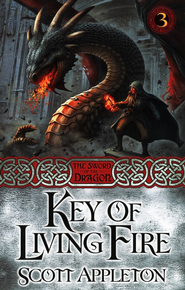 Do you find it fascinating to explore the extraordinary diversity that is fantasy fiction? Since I wrote my first few fantasy novels (Swords of the Six, Offspring, and Key of Living Fire) the Christian market for this genre has grown and is growing at an impressive rate. At first we saw many new authors creating their own story worlds reminiscent of Tolkien and Lewis, some original and some straight up rip-offs.
Do you find it fascinating to explore the extraordinary diversity that is fantasy fiction? Since I wrote my first few fantasy novels (Swords of the Six, Offspring, and Key of Living Fire) the Christian market for this genre has grown and is growing at an impressive rate. At first we saw many new authors creating their own story worlds reminiscent of Tolkien and Lewis, some original and some straight up rip-offs.
So is this a new fascination, or not? Do we see fantasy fiction as a continued tradition from hundreds of years ago, or do we see it as the material predominantly introduced just prior to Tolkien? Certainly he is viewed by many as the master of the genre, but I was recently reminded of just how far back this kind of storytelling goes.
I have two children under four years of age and often before sending them to bed I will read books to them. I do not hold to reading only the material written at their level, so sometimes I will change up the picture books and read from something more literary. A few nights ago, as my little ones sat on the couch and I searched through my books for that night’s stories, I pulled out a volume printed in the 1870’s. I love books from that century and from the early 1900’s and this particular volume was given to me by my grandmother. It is in beautiful condition and, the best part, it is chock full of stories told in poetic, rhyming verse.
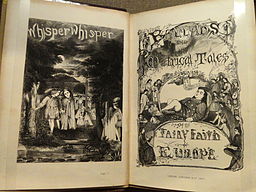 The book is broken into sections and illustrated throughout in colorless sketches that nevertheless add great artistic flavor to the pages. That particular night I turned to the “Old Tales and Ballads” section of the book and read a story I had never heard before. (It seems that many of these pieces I have never heard, which makes me think that many of these stories have been lost to the literary world).
The book is broken into sections and illustrated throughout in colorless sketches that nevertheless add great artistic flavor to the pages. That particular night I turned to the “Old Tales and Ballads” section of the book and read a story I had never heard before. (It seems that many of these pieces I have never heard, which makes me think that many of these stories have been lost to the literary world).
The story followed a young man who lost his way in a forest and was taken in by a strange man. The young man served him faithfully in his castle in return for taking him in. From time to time the young man heard strange groans coming from the Master’s wings of the castle, but the Master warned him never to enter there.
Of course as the story continued the young man disregarded the Master as soon as the Master left him alone in the castle, and he made a discovery both strange and fascinating that led him on a journey of mystery, romance, and magic.
The story was a fantasy tale and both I and my wife were fascinated by it. By the time it ended the kids were sound asleep, but after putting them in their beds, I remember thinking that I wonder how many other fantasy tales lie on a dusty shelf just waiting to be discovered by readers who don’t bother to look for them in old books.
A hundred years and more before Tolkien and Lewis were born, children were reading fantasy stories. Stories of magic. Stories of the very evil versus the innocent or the very good. And stories of epic battles between men and strange creatures.
Will the real fantasy Master stand up? Or, should I say: In which grave can we find the real father of modern-day fantasy fiction? Truly I doubt we will ever know for sure.
– – – – –
 Scott Appleton has authored four novels and numerous short stories. He lives in Connecticut with his wonderful wife and their children. His first three novels are Swords of the Six, Offspring, and Key of Living Fire.
Scott Appleton has authored four novels and numerous short stories. He lives in Connecticut with his wonderful wife and their children. His first three novels are Swords of the Six, Offspring, and Key of Living Fire.
His latest project, Neverqueen, is now available.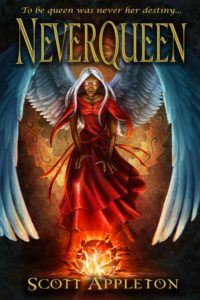
You can learn more about Scott and his books at the following:
his website www.TheSwordoftheDragon.com
Twitter: www.twitter.com/AuthorAppleton
Facebook: www.facebook.com/scottappleton.fans
Blog: www.FlamingPen.blogspot.com

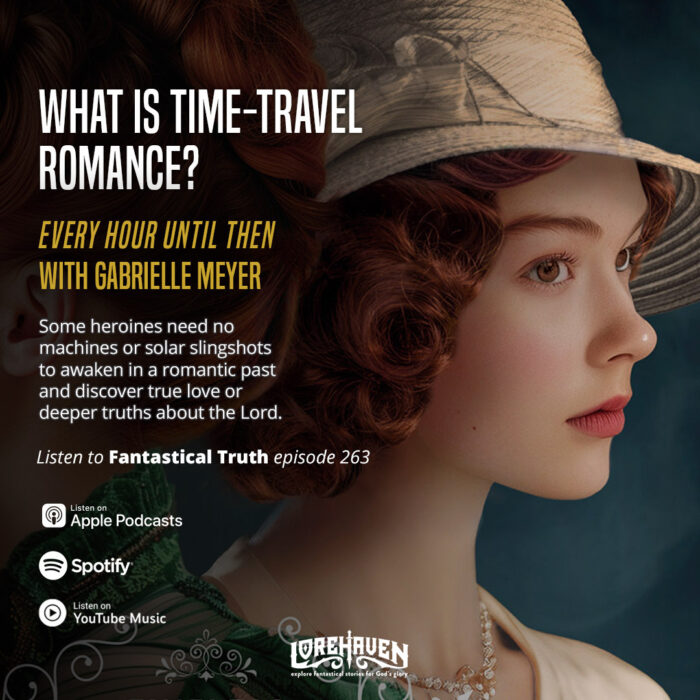

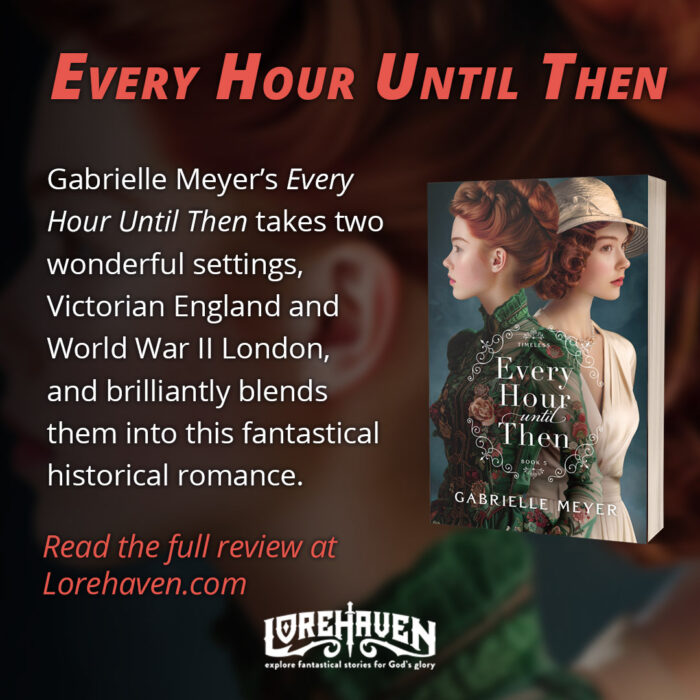
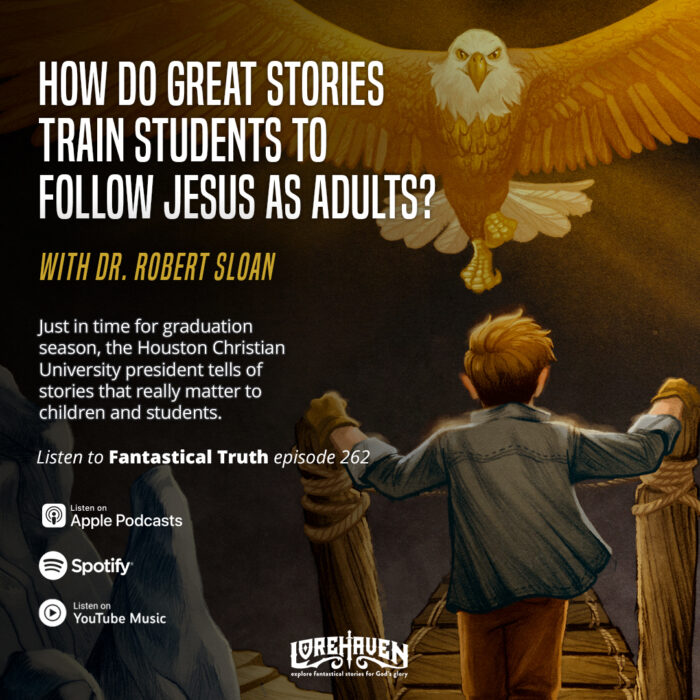
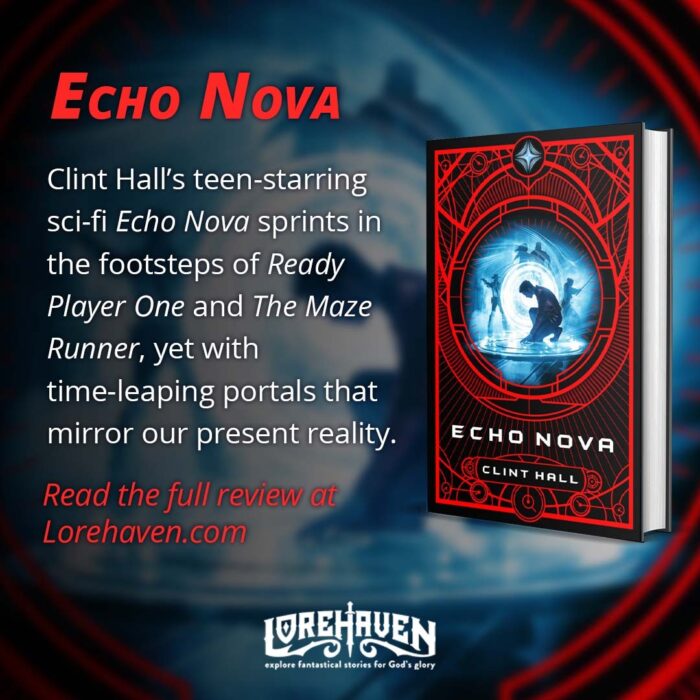












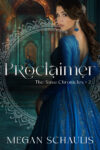
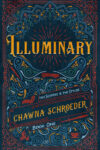

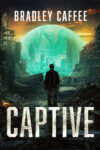
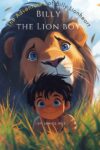


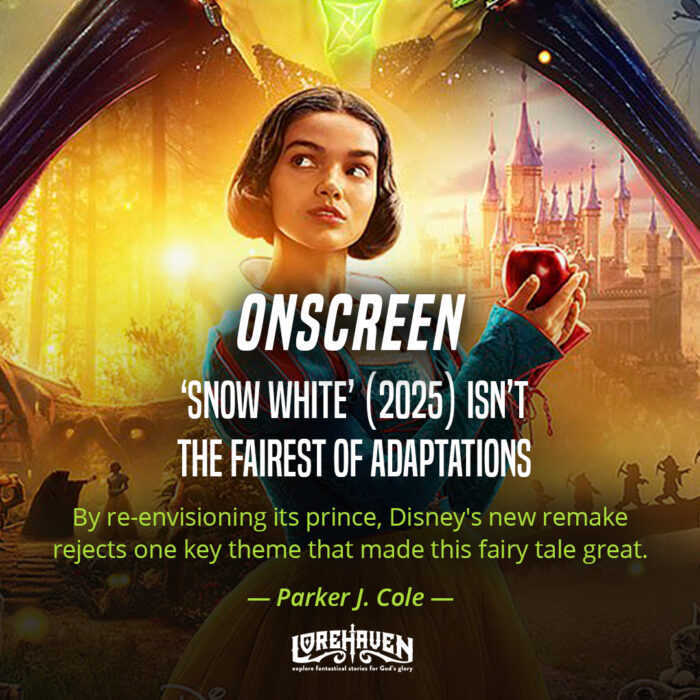
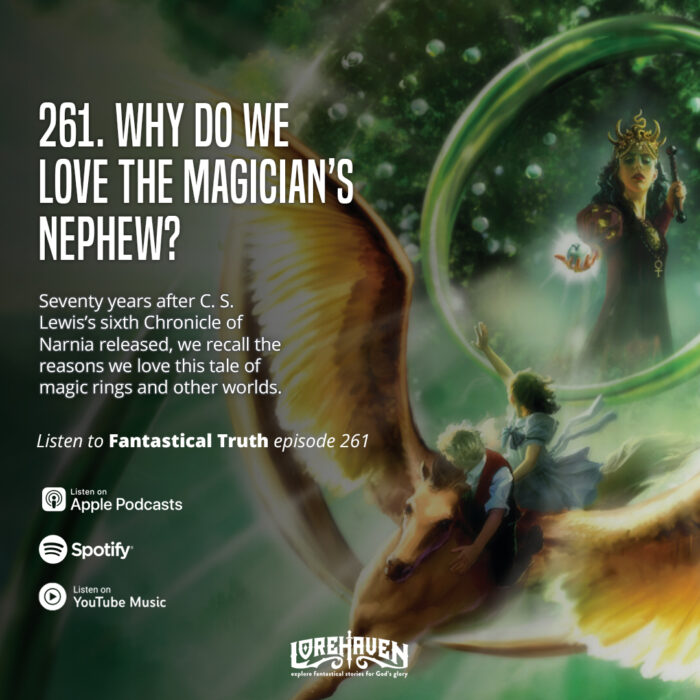
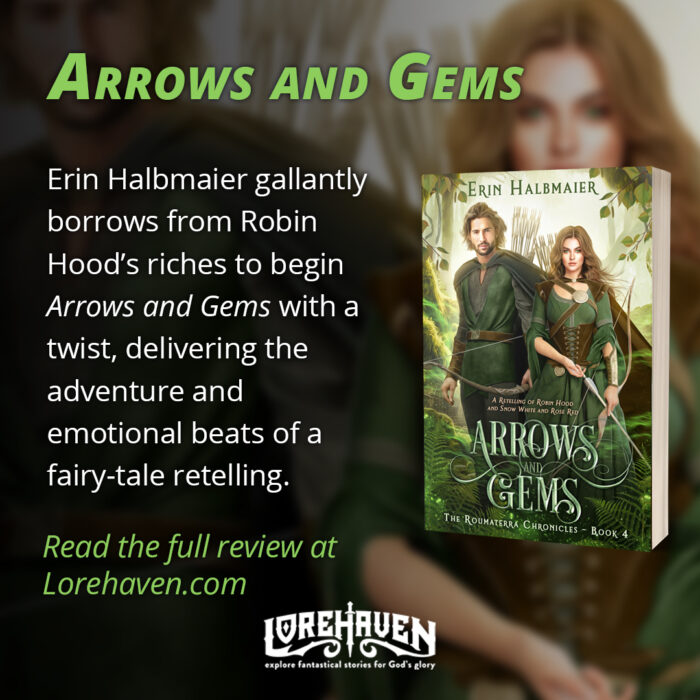
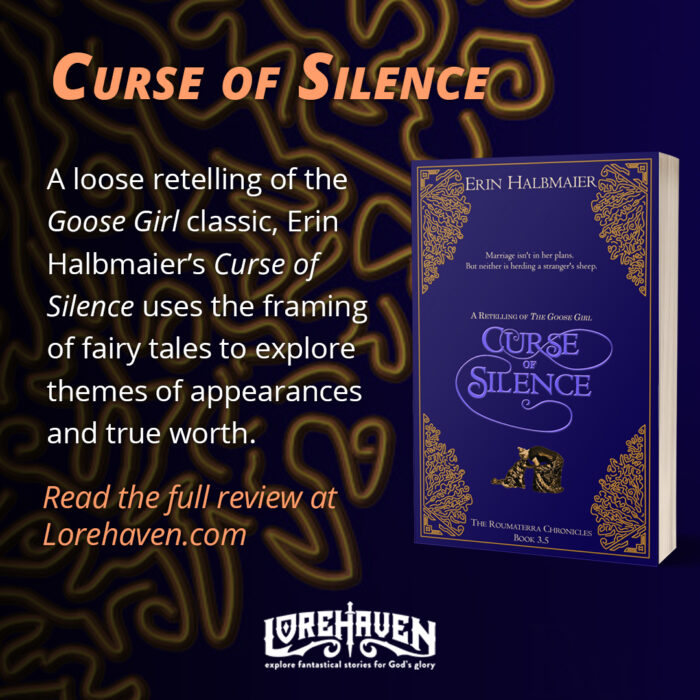
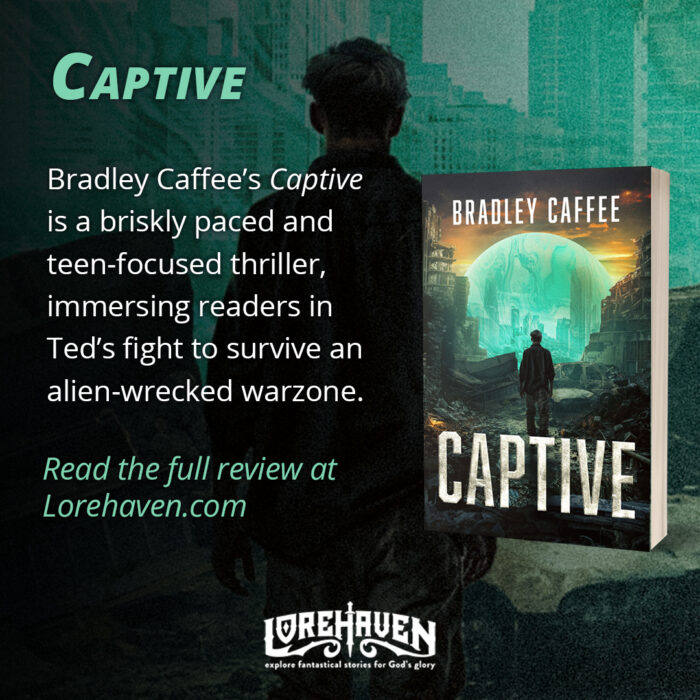


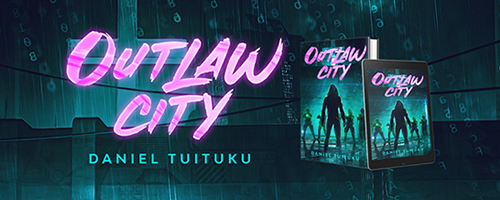




I also read old books to my children and they love them. We are also fans of http://lamplighter.net/c/ and the work they do with bringing old books to life. Their audio theater is absolutely amazing and makes long car trips 100% better. Who is the real master? Whoever I’m reading at the moment I guess.
Lamplighter does reprint a lot of books. I love the quality of their books… though the price point is often high. I’ve collected a number of books from the 1800’s and I always feel that I’m stealing a moment from the past whenever I read one.
Man, this makes me think of my half-finished review of one of George MacDonald’s books. I guess I’ll shoot it over here if/when it ever gets finished.
But anyway, to take an English-major shot at the question of where modern fantasy comes from, we can trace it back to the Victorian fairy tales, like you did, and from there we can go further back to Grimm, or to the medieval tales like Marie de France’s <i>lais</i>, which in England originated from Celtic mythology. Tolkien and Lewis certainly made an impact into modern fantasy, but it’s hard to say where fairy tale ends and modern fantasy begins. MacDonald certainly did something similar to Tolkien and Lewis — heck, he was a direct influence to them — and he even blended fairy tale with everyday-life-ism, something like what some modern fantasy does (there’s another review I might have to write). But even from there, you can bring in Shakespeare as someone who did something more fantasy than strictly fairy tale, and while it’s extraordinarily easy to say Spenser wrote a fairy tale, it did have some features that look more like the medieval morality plays (not to mention political brown-nosing).
Tolkien was also influenced by not-really-fairy-tales-but-along-the-same-line things like Norse sagas and myths. Granted, distinguishing myth and fairy tale takes a bit of quibbling. And then we can compare/contrast myths in general and stories in general and how they’re nearly the same thing.
How about Rudyard Kipling writing from India and Rider Haggard writing from Africa? The real masters sat around camp fires and invented while the wild animals scuffled and grunted just outside the fire glow. The more we reach into the past and into other cultures the better we guard from the circling hunger of lowest common denominator commercialism. And some of us write about the future! Strange how humans twine in upon themselves.
I was listening to a radio program about the history of childhood, and apparently the invention of printing was looked on with suspicion by some because it would corrupt the youth. Inappropriate fantasy stories were one concern. 🙂
Kirsty, I had not heard that before but somehow it doesn’t surprise me. The concerns were well-founded in that many fantasy stories try to corrupt our thinking, but it’s interesting that the opposite is true as well; good fantasy stories mass printed are feeding us good values.
Glad to see that you folks are picking up on similar thoughts to mine! It really is a fascinating journey when we look into the past. It helps us understand the present and I think we often miss that in the context of writing fantasy and science fiction. Interesting to note that science fiction was once a genre that encompassed what we now categorize as fantasy fiction. Really I think of most fantasy stories as modern fairy tales.